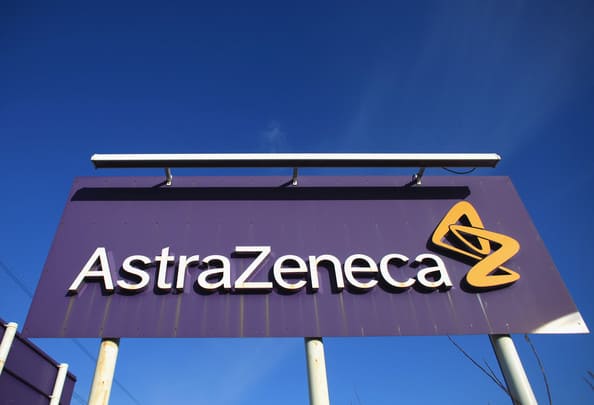
FDA rejects olaparib
pharmafile | June 27, 2014 | News story | Sales and Marketing | AstraZeneca, Cancer, FDA, PARP, adp, olaparib
AstraZeneca has been dealt a blow by a key advisory committee to the US Food and Drug Administration, which has voted not to approve investigational medicine olaparib.
The drug is a potential first-in-class oral poly ADP ribose polymerase (PARP) inhibitor for ovarian cancer, and had been expected to reach peak annual sales of around $1.5 billion.
But the FDA’s Oncologic Drugs Advisory Committee voted 11 to two against granting it accelerated approval as a maintenance treatment for ovarian cancer patients with germline BRCA mutation (gBRCAm), who are in complete or partial response to platinum-based chemotherapy.
While the FDA does not have to follow this line, it is highly unlikely to buck the advice of the committee.
“We are disappointed with today’s recommendation, and strongly believe that olaparib has the potential to provide patients with relapsed BRCA-mutated ovarian cancer and their doctors with a much-needed treatment option,” says Briggs Morrison, AstraZeneca’s chief medical officer.
“Patients with germline BRCA-mutated serous ovarian cancer have few options available to treat this disease,” he adds.
AstraZeneca insists it will continue with its Phase III programme to evaluate the benefit of olaparib in this patient population and aims to have it finished by the end of 2015. While the outcome of the committee’s deliberations are highly unwelcome for AstraZeneca, they were not unexpected.
Questions were raised prior to the meeting about olaparib’s risk-benefit profile and about whether some impressive trial results – namely, the 83% reduction in the risk of progression or death and a seven-month median improvement in maintenance progression-free survival – could be relied upon.
“There are uncertainties related to the validity and the reproducibility of the magnitude of effect seen in Study 19, and there are risks associated with olaparib therapy,” an internal FDA document pointed out.
The committee was voting on whether to grant accelerated approval for the drug now or wait until the results of the Phase III SOLO-2 study are available – and it has taken the latter option.
All is not lost for the manufacturer, however, and AstraZeneca says it is ‘looking forward’ to continuing to work with the FDA as it “evaluates the advisory committee recommendation and completes its review of the application”.
Adam Hill
Related Content

MRM Health’s ulcerative colitis treatment receives FDA Investigational New Drug clearance
Microbial Resource Management (MRM) Health has announced that its lead programme, MH002, has received Investigational …

Complement Therapeutics’ geographic atrophy treatment receives FDA Fast Track designation
Complement Therapeutics has announced that CTx001, its gene therapy treatment for geographic atrophy (GA) secondary …

Johnson & Johnson submits robotic surgical system for De Novo classification
Johnson & Johnson has announced the submission of its Ottava Robotic Surgical System for De …





